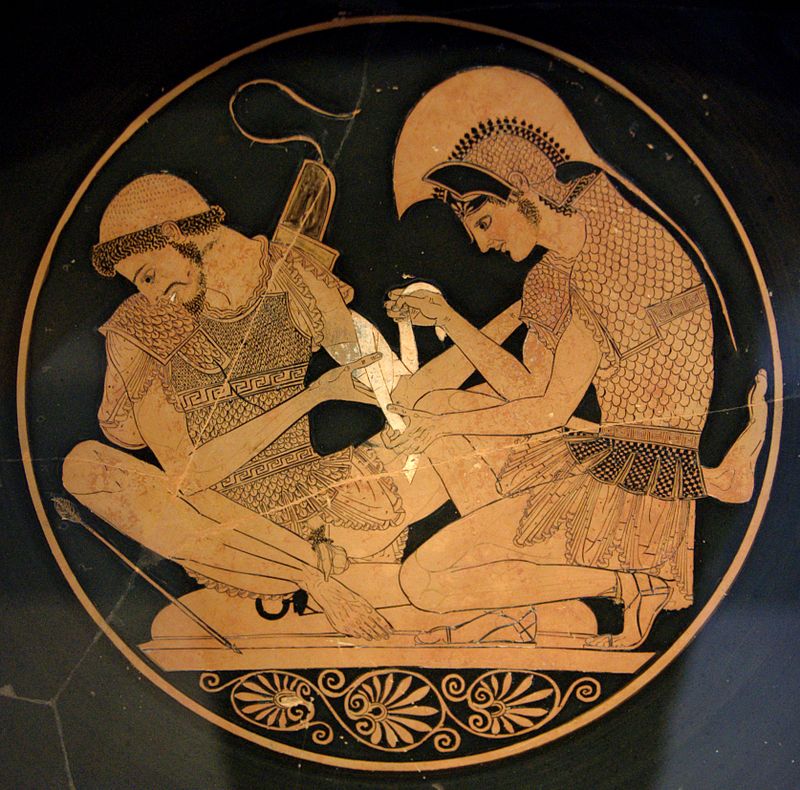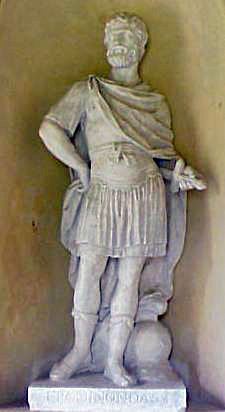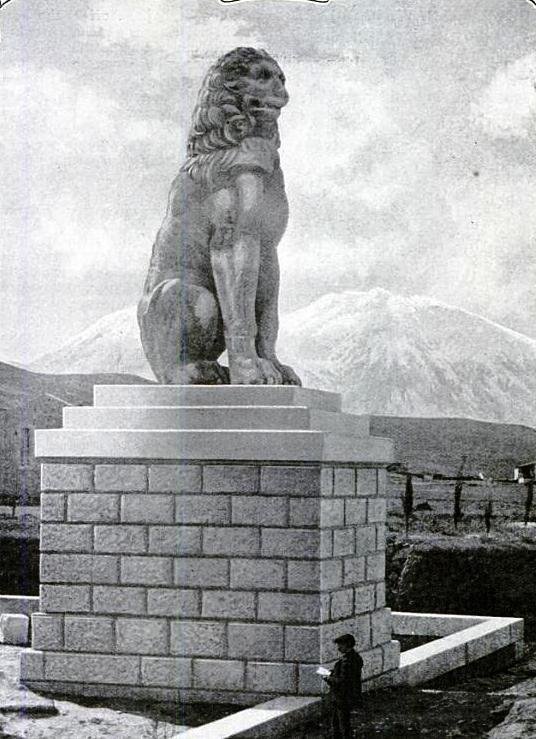The German psychologist Karoly Maria Benker coined the term ‘homosexuality’ in the late 19th century, but while many people consider homosexuality to be a modern-day phenomenon, it has actually existed in all cultures and at all times in history.
The classical Greeks tolerated homosexual relations and regarded it as a normal part of life, but unlike modern Western societies, the Ancient Greeks did not distinguish sexual desire or behavior by the gender of the participants, but rather by the role of the participants in the sex act. The relationship was supposed to be between adult men and pubescent or adolescent boys. The ‘active’ partner was supposed to be the older male and the ‘passive’ was the adolescent ‘beardless’ boy.
As the ancient Greek philosopher Plato wrote, “homosexuality is regarded as shameful by barbarians and by those who live under despotic governments just as philosophy is regarded as shameful by them, because it is apparently not in the interest of such rulers to have great ideas engendered in their subjects, or powerful friendships or passionate love-all, of which homosexuality is particularly apt to produce.”

Male love in Ancient Greece was seen as a bulwark against oppression and it was even believed by some that gay soldiers could contribute effectively to military morale.
In Plato’s Symposium, Phaedrus proposed the creation of an army of lovers, saying that an army of lovers would be invincible if they could be united by such a tie:
“No man is such a craven that love cannot inspire him with a courage that makes him equal to the bravest born.”
Apparently, this was not just a mere fiction of Plato’s and it is believed to have actually existed in the city of Thebes in around 378 BCE. According to the ancient sources, the Sacred Band of Thebes was an elite unit of the Theban army consisting of 150 pairs of male lovers. Theban commander Gorgidas is credited with the creation of the Sacred Band in 378 BCE.
Reportedly the Sacred Band of Thebes were celebrated throughout Greece for their courage and military success and they were a key part of Thebes’ rise to prominence in the 4th century BCE.

At the Battle of Tegyra in 375 BCE, the Sacred Band of Thebes accomplished their first major victory against Spartan forces. It is said that this battle was the only time a Spartan army was defeated by a numerically inferior enemy. In the battle of Luectra fought on 6 July, 371 BCE, the Sacred Band of Thebes, led by Pelopidas, accomplished another heroic victory over the Spartans.
However, a few decades later in 338 BCE, the combined forces of Athens and Thebes fought the Battle of Chaeronea against the Macedonians led by Philip II of Macedon, Alexander the Great’s father. This battle not only changed history but according to the ancient sources put an end to the elite unit of the Theban army.

It is said that 18-year-old Alexander was the first man to defeat the Theban’s sacred band.
The elite unit of the Theban army consisting of 150 pairs of male lovers fought bravely against the Macedonians and it is said that King Philip was so impressed by the bravery of the Sacred Band of Thebes that he wept at the sight of their dead bodies.
